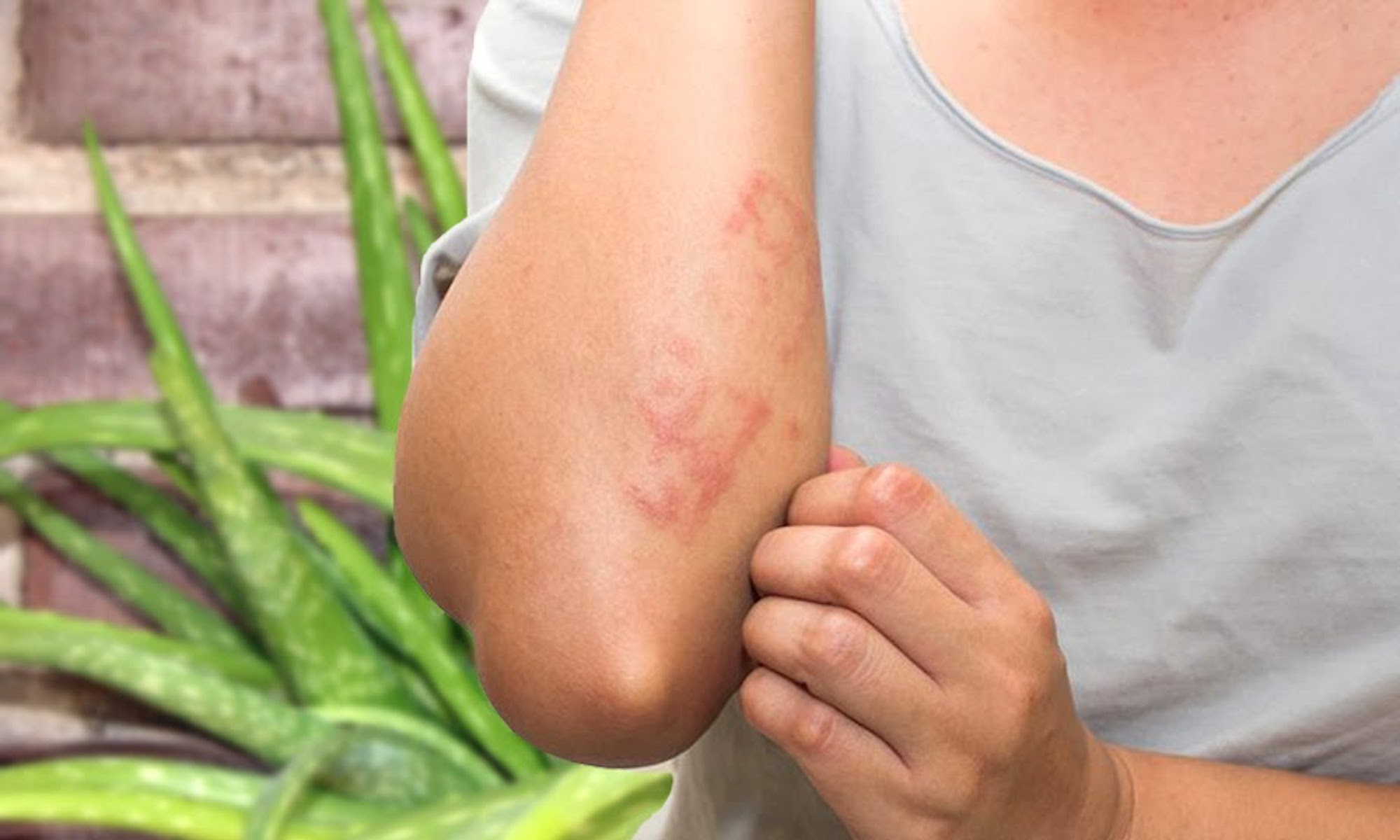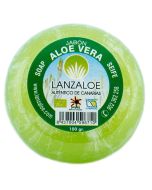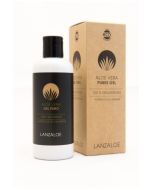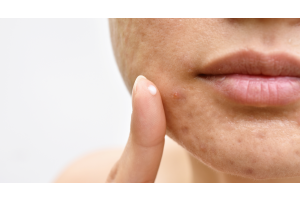Local Storage seems to be disabled in your browser.
For the best experience on our site, be sure to turn on Local Storage in your browser.
Eczema and Psoriasis, natural treatment

ECZEMA
Eczema is a common skin condition characterized by spots that itch and inflame the skin.
It is often seen in infants and young children, appearing on their faces. But eczema can occur in a variety of types in children, adolescents, and adults.
When people refer to eczema, they usually mean atopic dermatitis, which is characterized by dry, itchy skin that often appears with a red rash. This is the most common and chronic type of eczema.
Types of eczema:
Contact dermatitis is caused by contact with irritants. Burns, itching, and redness occur. The inflammation disappears when the irritant is removed.
Dysidrotic dermatitis affects the fingers, palms, and soles. It causes itching, scaly patches of skin that are flaky or become red, cracked, and painful. The condition is more common in women.
Nummular dermatitis causes dry, round patches of skin in the winter months. It usually affects the legs. It is more common in men.
Seborrheic dermatitis causes red, scaly, itchy rashes, particularly on the scalp, eyebrows, eyelids, sides of the nose, and behind the ears.
The main symptom of eczema is itchy, dry, rough, scaly, swollen, and irritated skin. It can flare up, fade, and then flare up again.
How can Aloe Vera help?
Many people recommend Aloe vera as a natural, gentle moisturizer for dry skin. Few scientific studies have looked at Aloe vera's effects on eczema, but some evidence shows promising results.
According to a 2015 study (4), Aloe vera can help with eczema symptoms as it has antioxidant, antimicrobial properties, strengthens the immune system and heals wounds.
Eczema causes the skin to crack and bleed, making a person more likely to get skin infections. The antimicrobial effects of Aloe vera may prevent these infections.
Aloe vera's wound-healing properties may help patches of broken skin to heal more quickly.
PSORIASIS
Psoriasis is a chronic, sometimes genetic, autoimmune disorder characterized by the buildup of thick, scaly, patches of dead cells on the skin’s surface. In addition to skin, these red, itchy rashes can affect nails and joints(called psoriatic arthritis). While psoriasis cannot be cured, the symptoms can be significantly reduced.
There are plenty of over-the-counter creams and prescription medications, all of which claim to be the most effective treatment for psoriasis, but they can be expensive and they can come with serious unwanted side effects.
Luckily, there is a safe, natural, affordable way to treat the symptoms of psoriasis at home. According to researchers at the International Congress of Dermatology in Prague, aloe vera is more effective than topical steroids at reducing the symptoms of plaque psoriasis.
How can Aloe Vera help?
- Hydrates the skin: Aloe contains around 99% water, it can provide additional skin hydration. Psoriasis strips the skin of its moisture and leaves it feeling rough, dry and cracked. By keeping skin moist, the psoriasis has a chance to heal.
- Reduces infection: Aloe vera contains two hormones: Auxin and Gibberllins. These two hormones provide both wound healing and anti-inflammatory properties that help cracked or wounded skin heal faster. With psoriasis, it is always important to keep the affected area clean and free of bacteria, as to reduce the chance of a staph infection.
- Soothes the itch/burn: With it’s naturally cooling gel, as well as anti-inflammation properties, aloe can help soothe itchy, red skin.
- It strengthens the immune system and increases the production of white blood cells.
- When consumed, Aloe vera detoxifies the body from within and aids in proper digestion to prevent gut issues (by eliminating toxins through colon) that in turn helps to get control over psoriasis.
- Aloe vera penetrates deep into skin, reducing the thickness of psoriasis rashes and flakes.
- It stimulates the new cell growth along with natural steroids and nutrients.
- Aloe vera contains calcium, copper, magnesium, potassium, iron, chromium, zinc anti-oxidants, salicylic acid, enzymes, vitamins A, B, C & E, polysaccharides, and amino acids, all of which keep skin healthy.
New research has found that Aloe vera provided greater reduction in disease activity for people with plaque psoriasis than did topical steroids. This is potentially good news for the millions of people living with psoriasis who typically rely on a variety of topical treatments including, prescription strength steroids, that can have a variety of both local and systemic side effects and are sometimes expensive to obtain.
The study involved 80 patients, half of whom were randomized to receive 70-percent aloe vera cream and the other half to receive 0.1 percent triamcinolone acetonide cream (a topical steroid). After eight weeks of treatment, patients in the aloe vera group had a greater reduction in their Psoriasis Area and Severity Index (PASI) than did patients in the steroid group.
Here you can see some studies about Aloe vera and skin deseases (Eczema and psoriasis):
1 - https://nccih.nih.gov/health/aloevera



